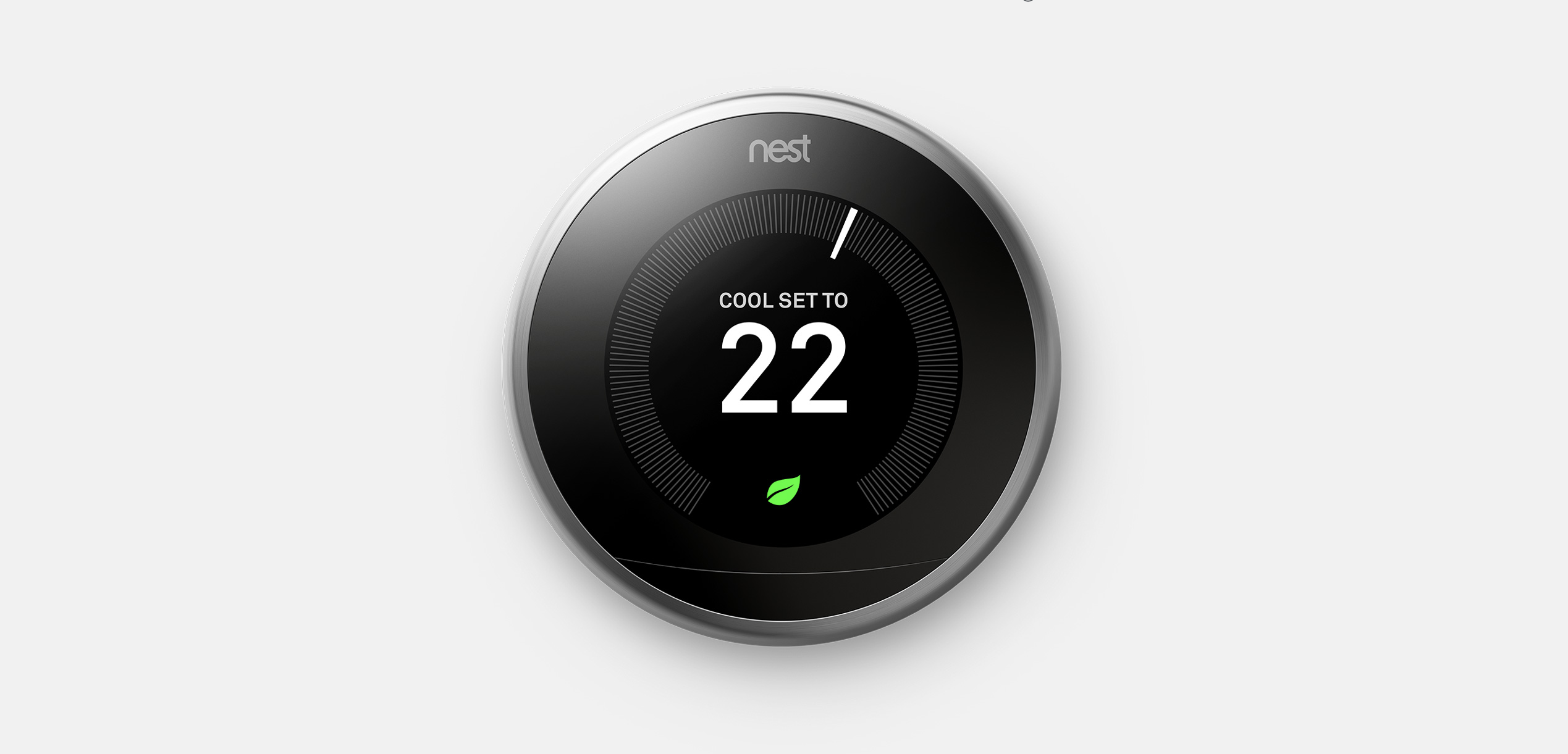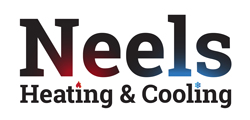
When Should You Call For Service
Heating and Air Conditioning equipment, no matter what kind you have, should be inspected, cleaned, and serviced at least once a year. The best scenario is to have the heating system checked in the Fall and the air conditioning checked in the Spring.
Importance Of Changing Your Filters
One of the most important aspects of an HVAC system is the entry point for the air i.e. the filter. A filter blocks harmful particles from entering the system and purifies the air so that the system doesn’t break down. Filters tend to accumulate a lot of dust over the years, leading to your system becoming less efficient, which in turn can lead to system issues.
It is extremely important to let the air conditioning system to run smoothly, and for it do so, the filter must be clean at all times. If these issues are not attended to at the correct time, it could result in the system running less efficient.
Tips On Managing Your Heating System
Outdoor Units:
- Clean any dirt, leaves and debris outside the main cabinet.
- Inspect the base pan for blocked drain openings.
- Inspect the coil and cabinet for any holes and leaks.
- Inspect the fan blades while they’re in motion and stationary to determine wear and damage.
- Inspect and clean outside of control box associated with unit.
Indoor Units:
- Clean or replace air filters.
- Check for leaks in the ductwork.
- Check for any unusual odours when the systems starts.
- Listen for abnormal noises when your system starts.
- Inspect your control box, wiring and connections.
Tips For Your Home
Cooling Tips:
- Make sure your attic is properly ventilated.
- Draw blinds or drapes to block the sunlight during the hottest part of the day.
- Set your filing pants to rotate counter clockwise.
- Use your grill and cook outside as much as possible.
Heating Tips:
- Make sure your home is properly insulated so heat doesn’t escape.
- Lock your windows to reduce the warm air escaping your home.
- Make sure all heating vents are clear of obstruction.
- Lower the thermostat when hosting a large number of guests.
HVAC Terminology
BTU: One British Thermal Unit (BTU) represents the amount of heat required to raise or lower the temperature of one pound of water one degree Fahrenheit. The heat extracted from your home by an air conditioner is measured in BTUs
Clean Air Delivery Rate: Clean Air Delivery Rate (CADR) is the number of cubic feet of clean air that an air filtration system delivers in a minute. The CADR is recognized across the industry as the indicator for air filter efficiency.
Compressor: The compressor is the part of an outdoor unit that pumps refrigerant. The compressor maintains adequate pressure to cause refrigerant to flow and meet the cooling requirements of your home.
Ductwork: Ductwork consists of the pipes and channels that carry air throughout your home.
EER: EER (Energy Efficiency Ratio) is an older way to evaluate an air conditioner’s efficiency. Unlike SEER, no seasonal temperature changes are accounted with the EER rating. EER is typically determined by a set outside air temperature, a set inside air temperature and a 50% relative humidity. For a comparison point, 11 EER is roughly equivalent to 13 SEER.
ENERGY STAR®: ENERGY STAR® is a government-backed program that helps businesses and individuals reduce energy costs and protect the environment through energy efficiency.
Heat Pump: A heat pump, as part of a central heating and cooling system, uses the outside air to efficiently heat your home in the winter and cool it in the summer. Unlike a furnace, a heat pump doesn’t burn fuel to make heat. It simply uses electricity to move heat from one place to another.
HVAC: HVAC commonly refers to heating, ventilation and air conditioning.
NATE Certified: NATE (North American Technician Excellence) is an independent organization that certifies installation or service technicians with a knowledge-based test.
Refrigerant: Refrigerant absorbs heat from the environment, and it can cool and dehumidify air when combined with other components such as compressors and evaporators. In 2010, the EPA mandated we discontinue the use of the refrigerant R-22 (often called Freon®) in new air conditioning systems because it contributes to ozone depletion. The new standard is a refrigerant R-410A (often called Puron®).
SEER: SEER (Seasonal Energy Efficiency Ratio) is the most common way to evaluate an air conditioner’s efficiency.
Variable-speed motor: A variable-speed motor inside your air handler or air conditioner can run at a wide range of speeds, giving you precise control over the temperature in your home.
Trane Support
Emergency Response When You Smell Gas
- Stop what you’re doing. Do not use your cellphone or landline, don’t smoke, light matches or operate electrical switches or create any other source of ignition.
- Go outside. As you exit, leave the door open behind you as well as any windows that may already be open.
- Call Fortis BC. Once outside, call FortisBC’s 24-hour Emergency Line at 1-800-663-9911.
